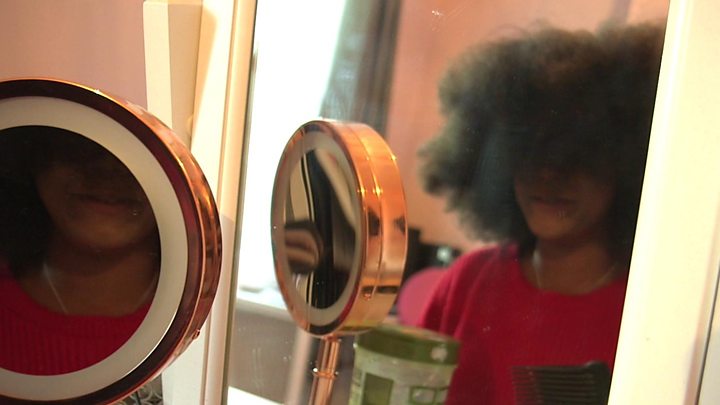The issue of school policies on natural hair have come to the forefront of pop-culture and feminist attention recently, largely in the wake of Ruby Williams, a school student being repeatedly sent home from her school in east London after being told her hair was “too big”. Ruby has commented on the case in an interview with the BBC, arguing “Am I really being sent home because my hair is growing out my head the way it is?”. The school refused to accept that they had discriminated against Ruby, however after Williams’ family took legal action, she was offered compensation of £8500.
Racial discrimination against natural hair is an issue that goes beyond the issue of school uniform policy, uncovering a deeper issue in education politics and the relationship with black culture. The idea that black hairstyles such as cornrows, braids and afros are ‘impractical’, ‘untidy’ or ‘inappropriate’ is based on a long history of discrimination against ethnic minorities, the example of Ruby Williams being sent home from school being one of many examples that have come to the forefront of media and social attention in recent years.
Actress Thandie Newton spoke out on Twitter about her experience with racial discrimination relating to her hair. She described how her primary school prevented her from having her photo taken on School Picture Day due to the fact she had braids. The idea that having a black hairstyle gives schools a mandate to punish children is social injustice. By implementing rules against black hair in schools it is perpetuating the idea further into social belief that Black students and people of colour are at a disadvantage due to their hair and as a result their nationality, race and heritage.
Black hair is rich in representing not only black culture but also black history. The afro hair style originated in the 1960s during the civil rights movement, as a believed symbol of rebellion, pride and empowerment. Pascale, a black student, commented in an interview describing how “White children in class would come back from holidays all the time with braids they’d got done on the beach, and no one ever said anything about it”. The fact that white pupils are able to wear hairstyles that symbolise black culture, without suffering the repercussions, speaks volumes on the targets of these regulations put in place in schools.
Hairstyle regulations appear to have formed a pattern of policing that is directed towards Black hairstyles, hence why the issue has been resolved through the means of legislation in parts of America such as California. Given these new waves in policies regarding action outlawing discrimination against natural hair, how long is it going to take for the UK to follow on this? How many more Black pupils need to be punished in school? How many more Black employees need to be discriminated against in the workplace?
Intolerance against natural hair symbolises an intolerance in society against Black culture and Black people. When celebrities such as Kim Kardashian are pictured wearing the same braids that Black children are being told look ‘inappropriate’ in school there is absolutely no question that the issues presented reveal a lasting form of racism.
Nisha Chandar-Nair
Image credit: BBC

